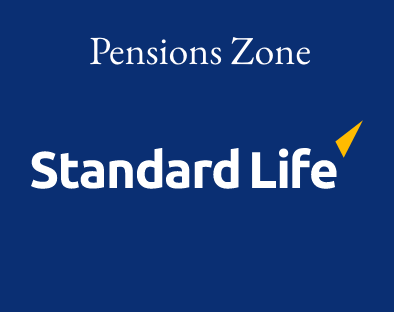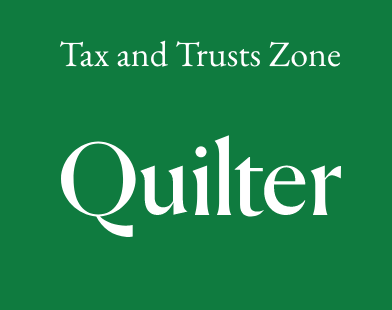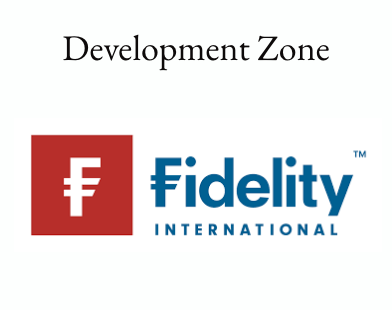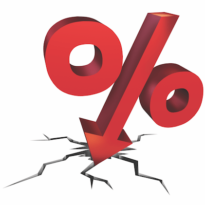Advisers and wealth managers have welcomed the Financial Conduct Authority’s new sustainability labels, believing it will boost trust in the sector, says the Association of Investment Companies.
According to the AIC’s ESG Attitudes Tracker, 64% of intermediaries said the labels would increase their trust, with the number higher among wealth managers (78%) than advisers (55%).
Of the four labels, the Sustainability Focus label is most likely to be used for screening purposes, with 54% of intermediaries saying they would use it this way. The Sustainability Impact label was the second most popular (52%), followed by Sustainability Improvers (47%). Sustainability Mixed Goals came in fourth place with 37%.
However, the AIC said there were concerns about the low numbers of funds with labels, as well as how labels could affect funds that intermediaries currently use.
Nick Britton, research director of the Association of Investment Companies, said: “Advisers and wealth managers have given a cautious welcome to the FCA’s new labels; it’s clear they would increase trust and that many would use them for screening purposes. However, questions remain about whether the universe of labelled funds will be large and diverse enough to build a portfolio, as well as concerns about what happens to funds that have been presented as sustainable but don’t claim a label.
“One key concern is that the labelling regime currently only applies to UK funds, excluding those based overseas. This means that many of our member companies in the renewable energy infrastructure sector, for example, are outside the scope of the regime, though they may have impeccable environmental credentials.”
The AIC said the perceived usefulness of third-party ESG fund ratings has steadily declined, with 60% of respondents finding them helpful, compared to 73% in 2022 and 65% in 2023. Only a fifth (21%) trust ESG ratings. The most useful ESG disclosure is considered to be the overall social and environmental impact of a fund versus its benchmark, with 71% of respondents finding this to be important, followed by details of any positive screening policy (69%), the asset manager’s experience or track record in ESG investing (67%), a detailed impact report for each fund including case studies (67%), and details of negative screening or exclusions (63%).
Separately, the report found that opinions on ESG investing in general appear to be stabilising, with more than half (57%) of intermediaries saying there had been no change in their opinion since last year, while 24% said it had grown more favourable and 17% less favourable. Nearly three quarters (73%) thought that investing should make a positive difference, as well as provide a financial return, the same percentage as last year.
However, expectations of performance have shifted, with less than a fifth (19%) expecting ESG investing to improve performance, compared to 30% who believe it would worsen performance.
Despite this, the majority (60%) of respondents expect demand for ESG strategies to increase over the next 12 months, significantly higher than the 10% who anticipate a decline. However, growth in demand is slowing, with 91% of respondents previously expecting demand for ESG to increase in 2021, dropping to 80% in 2022 and 72% in 2023.
Nearly nine in 10 (89%) intermediaries said they continue to recommend sustainable funds, with around 18% of client assets held in sustainable funds.






































